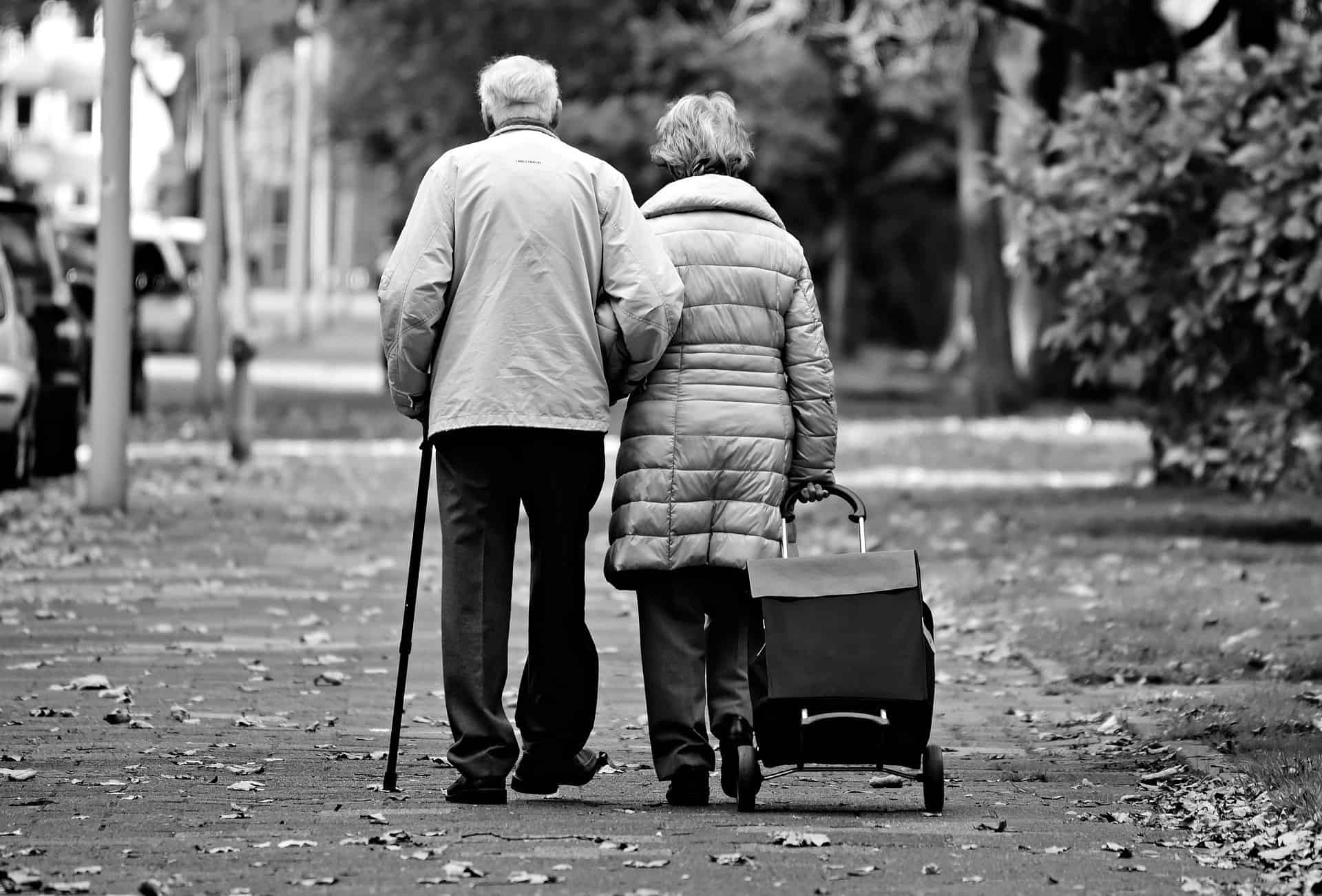In the 21st century, increasingly declining birth rates have given rise to an ageing population or ‘silver tsunami’, where two in five will be above the age of 65 by 2050 in Singapore. This exacerbates the problem of a declining tax base, yet an increasing population of elderly to support. Though some may swear to the notion that the elderly are nothing but hindrances to the progress of the Singaporean society, I beg to differ. Not only do the elderly offer a wealth of advice to the younger generation, they also play a fundamental role in strengthening social fabric in today’s society.
The elderly are valuable assets in society as they have a wealth of advice and wisdom to offer to the younger generation as they gradually take over the running of the country,. As the elderly have gone through many experiences, they would have acquired the wisdom to offer valuable advice to the younger generation to allow the next generation of leaders to learn from the successes and failures of the older generation. For example, although former Prime Minister Lee Kuan Yew had already stepped down from his position of Prime Minister, he still continued to offer valuable advice to ensure smooth running of the country by the subsequent prime minister. This helped Singapore to progress to the thriving metropolis it is today.
The elderly play an irreplaceable role in families today, hence strengthening our social fabric. The elderly play a vital role in drawing families together and strengthening family ties as they pass down family traditions from one generation to another. This maintains the culture and tradition of each family, hence causing the family to be more closely knitted. For example, the Chinese tradition of having reunion dinner on the eve of Chinese new year has been passed down from generation to generation, strengthening bonds in the family. Hence, the elderly play a major role in strengthening social fabric in today’s society.
However, some may argue to say that the elderly are nothing but hindrances as they exhaust limited tax revenue of the country, posing a hindrance to economic growth and progress of the country. As the elderly are often retired and have stopped working, they do not contribute to the country’s tax revenue in any way. Hence, this often results in tax revenue from the middle-aged population having to support larger population including the young and old. Because of this, the elderly are regarded as burdens as they use up economic resources and stifle economic growth of the country. Furthermore, due to bodily wear and tear, the elderly are more susceptible to illnesses and tend to fall sick more often, exhausting medical resources and government medical subsidies. For example, the elderly are twice as susceptible to degenerative diseases such as heart disease and osteoporosis as compared to the young, increasing the likelihood of them reading and using up limited medical resources.
In conclusion, the elderly are not mere hindrances in society as although they do not contribute significantly in the economic perspective, they contribute in other ways by playing a vital role in advising the younger generation and strengthening social fabric. To ease the economic burden posed by the elderly, more insurance schemes should be set up to cover the he expenses incurred by the elderly, hence relieving the economic burden on the younger generation.
